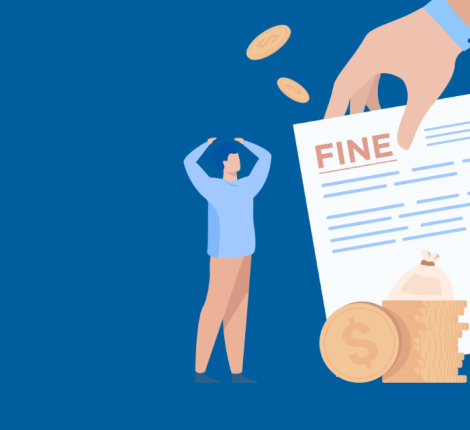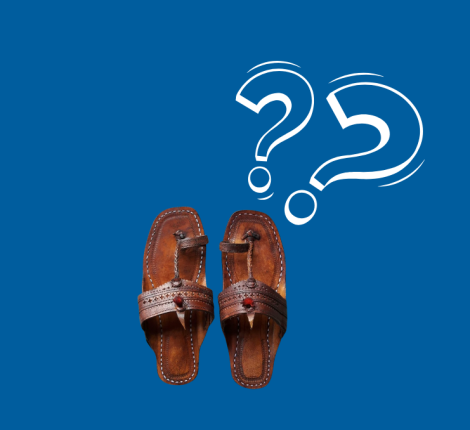Insurance Advisory Newsletter – Introduction To Media Liability Insurance Policy : March 2024
INTRODUCTION
A Media Liability Insurance Policy (“Policy”) is a niche type of error and omissions (or professional liability) insurance policy. It is generally used by businesses that specialize in providing media content creation or marketing for clients (“Insured”). This Policy typically protects an Insured from third-party liability claims such as defamation, plagiarism, copyright infringement, and invasion of privacy, and also covers lawsuits for professional errors and omissions, oversights or missed deadlines.
For instance, where a reputable marketing agency is in the process of designing an engaging social media campaign for a high-profile client. In the course of creating captivating content, the agency unintentionally selects an image from an online source without securing the necessary rights or permissions from the author of the content. The image’s rightful author discovers its unauthorized use within the campaign. In light of the same, the owner takes legal action against the agency, citing copyright infringement and seeking substantial compensation for damages incurred.
This predicament poses a significant threat to the agency’s financial stability and reputation. However, this is precisely where the current Policy becomes a safety net and will cover any significant losses the Insured may incur.
SIGNIFICANCE OF MEDIA LIABILITY
Media liability insurance stands as a cornerstone for businesses navigating the dynamic and ever-evolving landscape of the media sector. This insurance policy is not merely a protective shield; it is an indispensable safeguard against the multifaceted risks inherent in the industry, including potential legal actions such as defamation, copyright infringement, and privacy violations. In the intricate world of media, where reputations are delicate and crucial, this policy assumes a pivotal role by providing comprehensive coverage against claims that could tarnish an organization’s image. Furthermore, within the media industry, where credibility and reputation are paramount, media liability insurance becomes an invaluable asset. By offering coverage for claims related to defamation or libel, it serves as a bulwark against potential reputational damage.
WHO SHOULD PROCURE THE POLICY?
- Marketing Agencies: Companies involved in creating advertisements, digital marketing campaigns, or promotional content for clients often use this Policy to protect against claims of copyright infringement, defamation, or privacy violations stemming from their campaigns.
- Content Creators and Influencers: Individual content creators, social media influencers, bloggers, or vloggers who produce multimedia content might face legal claims for various reasons, such as using copyrighted material, unintentional defamation, or privacy violations.
- E-commerce Businesses: Online retailers that use images, videos, or written content to promote products might face allegations of copyright infringement if they mistakenly use copyrighted material without proper authorization.
- Corporate Businesses: Larger corporations creating multimedia content for internal or external purposes, such as training videos, presentations, or advertising materials, might also opt for this insurance to protect against potential liabilities.
- Publishers and Broadcasters: While more traditional media companies might be more inclined to have specialized media liability policies, even smaller publishers or broadcasters producing digital content could benefit from this Policy.
GENERAL COVERAGES OF MEDIA LIABILITY INSURANCE
- Intellectual Property: Coverage in respect of any claim made against the Insured for any unintentional infringement of copyright, trademarks, registered designs or patents, or any plagiarism, or breach of confidentiality.
- Defamation: For libel or slander by reason of words written or spoken provided that such claim arises out of the conduct of the Insured’s business practice.
- Fraud and Dishonesty: The insurance company will pay on behalf of any Insured, who is not the actual perpetrator, all damages resulting from any claim for fraud/dishonesty of any employee of the Insured.
- Defense: Defence costs incurred in defending claims of covers and extensions. The reasonable fees and expenses incurred by or on behalf of the insured person for investigating, defending, settling, or appealing a claim.
- Emotional distress: Emotional distress typically refers to the psychological or mental harm suffered by any third party due to the content published or broadcast by a media entity. This Policy covers claims arising from allegations of causing emotional distress due to the Insured’s content creation, publication, or distribution.
EXCLUSIONS OF MEDIA LIABILITY INSURANCE
- Claims based on any fraudulent act or omission or wilful violation of any criminal statute, or the gaining by any Insured of any profit, remuneration or advantage to which the Insured is not legally entitled.
- Claims brought by employees, former employees, or prospective employees that arise from the employment relationship or are connected to the nature, terms, or conditions of employment: discrimination, harassment, wrongful discharge, etc.
- If the obligation assumed by the Insured goes beyond the normal care and skill expected for their services, it might not be covered.
- Any liabilities arising from guarantees or promises about the quality or performance of services are not covered by this Policy.
- Terrorism and War – directly or indirectly based upon, attributable to, or in consequence of any act of terrorism.
- Media liability policies frequently exclude coverage for breach of contract, breach of fiduciary duty, and patent infringement claims.
Conclusion
The specialized nature of this Policy ensures a more tailored and comprehensive protection for businesses operating in the digital landscape. By embracing this Policy, businesses, and creators can proactively mitigate risks, protecting themselves against potential legal entanglements that could otherwise jeopardize their financial stability or reputation.





